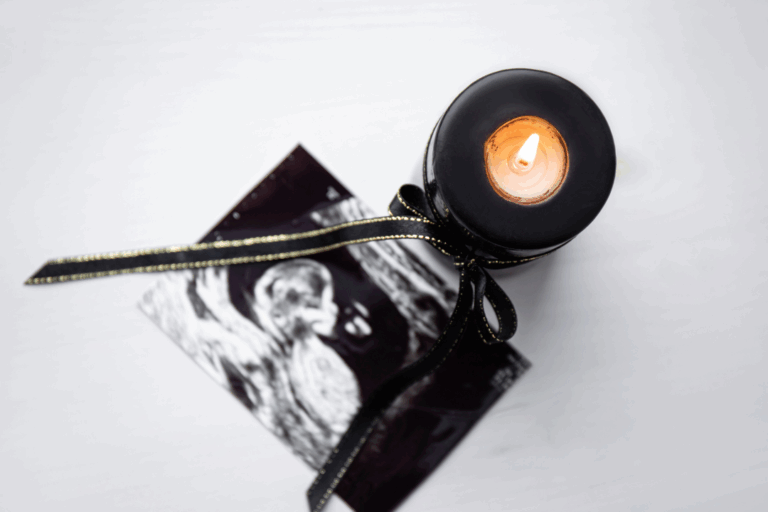Nurturing your unborn baby during pregnancy has a direct effect on your baby’s brain and their longer term development and success. Your job is to create the right environment and stimulation to nurture your baby as best you can.
Your baby’s brain is made up of microscopic brain cells. Before birth, your baby’s brain creates neurons at the rate of 15 million per hour! You get one shot at providing a great base of healthy neurons for all development. And it comes down to having a healthy pregnancy.
Nurturing your unborn baby: What can you do?
- Eat healthy amounts of good quality protein, take folic acid, calcium and iron supplements.
- There is a lot of evidence that shows that what you eat whilst your baby is in utero and breastfeeding is essential for the development of your baby’s brain. Eat a well balanced diet with lots of essential fatty acids, vitamins and minerals.
Along with the formation of brain cells, an vital function is the migration of brain cells. Just like the value of your home is largely affected by your neighborhood, the value of a brain cell is determined by where it lands up and which pathways it connects to.
We’ve already mentioned that during pregnancy, your baby’s brain grows at a rapid speed. More so than at any other time in life. Once the brain cells are formed, they migrate to the right place in the brain. This is so that a memory cell, for instance, doesn’t end up in the area for emotion. There are certain things that can negatively affect whether your baby’s brain cell ends up in the right spot and are able to carry out its function best. We call the noxious influences Teratogens, which disrupt the formation of a baby in utero:
Drugs & alcohol are toxins that disrupt where your baby’s brain cells end up. Drinking in the second and third trimester has the same effect as consuming alcohol in the first trimester. These substances affect your baby in one of three ways: they pass through the placenta and can harm your baby’s brain development. They can affect the placenta and decrease the amount of nutrients getting to your baby and/or can induce preterm labour.
The effects of alcohol on your unborn baby:
Alcohol is one of the most devastating of the substances a baby can be exposed to. It is the leading cause of congenital problems. It is unknown how little exposure a fetus can sustain and it does vary from baby to baby so rather avoid alcohol altogether.
The effects of drugs on your unborn baby:
– Over The Counter (OTC) drugs Addiction to OTC drugs in neonates has increased by 160%, even with decreasing birth rates in the USA. Painkillers for instance can affect the newborn’s breathing and should be avoided entirely.
– Opioids such as heroine (also found in prescription pain killers) affect not only the weight and growth of the baby, but also result in addiction and withdrawal after birth.
– Cocaine causes low birth weight and premature birth. It also affects the development of the heart, lungs, gut and eyes.
– Nicotine Babies who are exposed to nicotine in pregnancy are not only born with a low birth weight but they are also at a higher risk of SIDS. Some research has shown that these babies may also be at greater risk of ADD and behavioural problems later.
The over riding message is to avoid substances such as alcohol, drugs and most OTC drugs for the whole of pregnancy – its only 9 months.
The effects of toxic stress on your unborn baby:
Frequent, prolonged activation of the body’s stress management system in pregnancy is not good for the developing baby’s brain. When you are stressed, your brain releases neurotransmitters that cross over the placenta affecting your baby’s brain. In extreme cases, the regions of your baby’s brain involved in fear, anxiety and impulsive responses may over produce neural connections. While the area of the brain responsible for reasoning, planning and behavior control produce fewer connections. What this means is that your baby’s brain becomes wired to over respond to events that should not be stressful. One the other hand the brain becomes overused which can result in a risk of stress related physical and mental illness later in life.
Manage stress mindfully. Normal day-to-day stressors that you can cope with are not the stressors we are concerned about. But if you are in an abusive relationship or stress that leaves you feeling helpless and a victim needs to be addressed by a medical professional immediately.
Pregnancy is an exciting, unique time in your life. Some women feel wonderful, while others battle to feel like themselves and get used to the changes going on in their bodies. Whatever your experience, remember that you are literally making a miracle and that deserves to be honoured and protected.
For more information about your baby’s growth and development while you are pregnant, sign up to Parent Sense app for a FREE weekly snap shot of your pregnancy and more.




